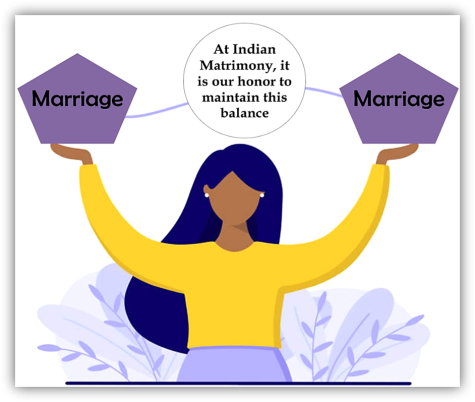Give gifts out of love, not obligation
American consumerism affects holiday season
With the holiday season looming, it is time to focus on why we are truly buying gifts for our friends and families.
December 6, 2021
Gifts are meant to be a way to show love and appreciation for others. Christmas has partially ruined that.
Growing up, I have learned a lot of negative things about Christmas and its tradition of gift giving. Some say Christmas has become too commercialized because we focus on buying things off of a list instead of spending time with family. Others say Christmas gifts are meaningless because we only buy them out of obligation.
I love Christmas and the idea of getting and giving gifts, but I can see where the practice might be emotionless. Perhaps we buy gifts because the holiday demands it. Maybe we buy them because we expect gifts in return, or because we know others expect to receive something. I doubt there are many people who buy Christmas gifts out of pure altruism.
Not everyone is pressured by the idea of giving gifts, however. Charles Allbritton, junior computer science major, said he does not buy gifts because he does not have anyone to spoil. But when he does, Allbritton said he does not let tradition affect him.
“When I buy or give a gift, it’s because I want to,” he said.
Despite some people’s healthy relationship with gift giving, there is no denying the tragic effect of American consumerism on the holidays. Corporations capitalize off of the Christmas season. Rather than seeing commercials about families spending quality time together on the holidays, there are constant advertisements of children getting the coolest new toys and adults getting shiny new cars or kitchen appliances.
This consumerism affects us no matter what we think of the holidays. We buy expensive gifts because we want to increase the return from others, and at the same time, we see expensive gifts and expect them to be given to us. It is a hallmark of our individualistic culture.
Ivy Watts, sophomore wildlife ecology major, said the constant push of commercialization during Christmas gets on her nerves.
“I absolutely agree with this sentiment, and I wish that consumerism didn’t play such a huge role in American culture,” Watts said.
She said she mostly gives gifts out of obligation. Even though she said she cares deeply about people, she prefers to show affection verbally and physically.
“I’m a creative person, and historically, I’ve created things like paintings or ornaments as gifts for my immediate family,” Watts said. “But at almost 20, I feel more obligated to purchase things that are functional.”
Another notable concern about Christmas gifts is how it might condition kids to demand things. While the holidays could be a learning opportunity for children to appreciate what they already have, they are instead an opportunity to circle 60 items in a catalog and throw a tantrum when their lists are not fulfilled.
Jacob Whitman, junior marketing major, said he loves Christmas gifts but believes parents should do a better job at making sure their kids do not become greedy.
“We as a society need to do better at making sure kids don’t see [Christmas] as a free opportunity to use those around them to get what they want,” Whitman said.
He said the holiday is about family and friends and less about the gifts.
While that is certainly true, all of these factors inhibit the overarching theme. The emphasis on spending time with our loved ones is largely hidden. It has made me wonder if gifts have ruined the true meaning of Christmas.
Grace Anderson (she/they), freshman computer science major, said she is not a fan of giving gifts and wanting an abundance of things for the sake of tradition is selfish.
“I think the true meaning of Christmas has definitely been altered,” Anderson said. “I love Christmas because it’s [a] time that I get to spend with my family, not to mention the music and the food are amazing.”
Allbritton, on the other hand, said he does not believe we can ever lose the true meaning of Christmas.
“I don’t really think that the ‘true meaning of Christmas’ can really be lost because of the wide variety of ways that Christmas is celebrated or perceived,” he said. “The idea that the right way to do Christmas means spending time with family [is something that could] alienate many. So Christmas doesn’t really have a true meaning.”
This is a true statement. Everyone celebrates Christmas differently. Some might even choose not to incorporate gifts in their celebrations — even with the societal pressure.
I am not against Christmas gifts. I do not think they are inherently evil or that gift giving should be abandoned. However, the pressure of buying gifts for the sake of buying them needs to be lessened. We should buy Christmas gifts for people for the same reason we buy them outside of holidays: because we love someone and want to make them happy.
“I do think our social perception of gift-giving needs to change,” Watts said. “Additionally, I think that our culture’s obsession with consumerism … is really harmful because it puts harsh social expectations on those of us that aren’t financially well off enough to provide what someone might want.”
Gift-giving during the holidays might be harmful, but it does not need to stop. Rather, we need to consider our intentions when buying gifts for people. Are you really wanting to get this person a gift? Are you doing it selflessly?
I believe that if we give gifts to people the intended way and stop letting mass media pressure us into satisfying people’s wants, then we can go back to having holiday cheer the intended way.















